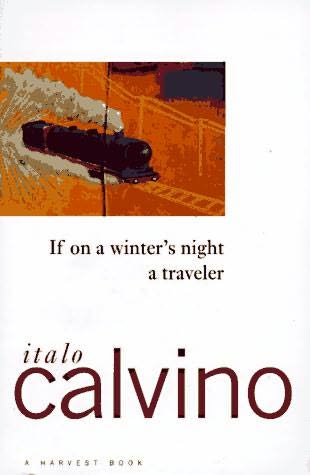*A much easier knot to untangle than
Transparent Things
I had a bit of a hard time with
Transparent Things. In order to elucidate my minimal understanding of this novel more I went to the internet. Here is a
excerpt I read from a website that offered some valuable insight and a mention of Brian Boyd--
"Transparent Things, a novella and National Book Award nominee, was published after first appearing in the December 1971 issue of Esquire. This deceptively slim chaser to Ada had taken Nabokov more than two years, off and on, to complete, and reviewers scarcely knew what to make of it. With a complex network of disembodied narrators, it was inspired in part by Nabokov's stays in thin-walled hotel rooms on his travels across America which allowed him access to the unseen worlds of his neighbors. Finished on April Fool's Day, 1971, it was not issued in book form until the end of the following year.
On publication day, he wrote in his diary that reviews "oscillat[ed] between hopeless adoration and helpless hatred. Very amusing." One such review called it "an unlovely and unlovable book that begins to touch the reader only the second time around. It is a masterpiece, of course." In an interview published in 1973, Nabokov stated: "Amongst the reviewers several careful readers have published some beautiful stuff about it. Yet neither they nor, of course, the common criticule discerned the structural knot of the story." He assisted by sketching its theme, "a beyond-the-cypress inquiry into a tangle of random destinies." Nabokov biographer Brian Boyd's analysis attempts to untie that "knot" with a more specific elucidation: "Within the small compass of Transparent Things and the bleak life of Hugh Person, Nabokov ruptures the relationship of reader, character, and author more radically than he has ever done, in order to explore some of his oldest themes: the nature of time; the mystery and privacy of the human soul, and its simultaneous need to breach its solitude; the scope of consciousness beyond death; the possibility of design in the universe."

This mention of a "knot" in the structure of the story makes me feel better (I felt like it was an impossible mess of wires, cords, and lines that had been tangles behind my back.) Thinking about a book that confuses the reader by blurring the line between reader/author/subject I am going to have to come back to Italo Calvino (as I love linking books I'm reading to books I've read). It seems to me, that much of what is going on in this novels structure was also being confronted by Calvino, especially in his work
If on a winter's night a traveler. "Traveler" confronts the issues as it follows the story of You (second person) as you read the book
If on a Winters Night A Traveler by Italo Calvino; to explain it more basically, you are reading a book about yourself reading the book you are reading (Think of holding a mirror up to a mirror and the tunnel of reflections that follows). Throughout the text much of the same barriers and textual complexities confront the reader. I would be curious if Nabokov or Calvino ever made mention of each others works? It would be interesting if these two contemporaries had made some conversations and the discussions of form and texture that would have ensued. These are very interesting questions indeed...
I "googled" Brian Boyd and Italo Calvino thinking that maybe the Nabokov scholar would make some mention of Calvino.
Here is a paragraph from a useful essay by Brian Boyd-- The average shot length in Hollywood movies has been shrinking as viewers have learned to assimilate film faster and to cope with the information rush of the modern world. Nabokov has influenced writers from acclaimed oldsters (Italo Calvino, W. G. Sebald, Salman Rushdie, Martin Amis, Orhan Pamuk) to feisty youngsters (Zadie Smith, Marisha Pessl) by introducing into fiction something akin to modern film’s reduction in shot length, its rapidity of changes of subject or perspective. I suspect that storytelling in general has speeded up our capacity to shift attention from one perspective to another. Homer generally moves from subject to subject slowly compared with modern storytelling, let alone Nabokov, but even Homer can swiftly shift level and focus when he suddenly backgrounds a warrior dying on the battlefield."
Very interesting more discussion about the form and pacing of the work and how Nabokov, as perhaps more of a influence on Calvino rather than his contemporary as I earlier asserted, is, according to Boyd, one of the authors most instrumental in bringing about this radical shift in structure. The mention of Calvino in this context no doubt refers to the structural intrigue of "Traveler"; the pattern of texture in "Traveler" may in fact be cut from the same cloth of Nabokov's work
Transparent Things.





